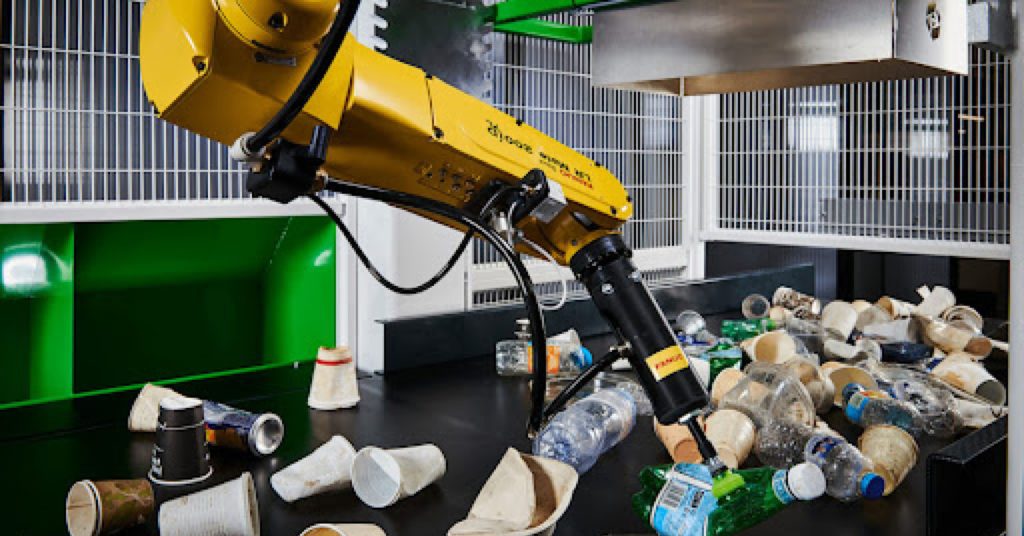Currently more and more industry and city are confronted with the ever-increasing mountains of waste by the day. Landfills are bursting at a faster pace than ever, and recycling plants are wrestling with their inability to sort through and recover materials that still have value. One of these is the waste screening machine that is transforming recycling into a more precise, cost effective, and sustainable process.
What is a Waste Screening Machine?
A waste screening machine is a type of waste management equipment used to sort raw waste material by particle size, type, or composition, for the purpose of reuse or recycling. It saves you time. Automated counting decreases labor, and recycling time. Whether plastic, metal, wood, or glass — whatever the material, these machines can keep valuable waste from ending up in the landfill.
How Screening Boosts Recycling Performance
Distinction is the essence of good recycling. Without stringent screening, recyclable materials tend to become contaminated, and as a result are discarded. What facilities can achieve with waste screening machine assist:
- Higher Recovery Rates: More materials are recovered for recycling.
- Cleaner Recycling and Reuse Streams: Lower contamination leads to higher recyclable value.
- Reduction of Processing Costs: The volume of errors in sorting decreases which not only saves time but also saves on costs.
- Environmental Benefits: There is less waste ending up in landfills, and fewer emissions.
The screening offers its best when efficiency is combined with sustainability, contributing to a loop economy, in which all resources are re-utilized.
Types of Screening Technologies
Not all systems function the same way. Clients choose the best waste screen for their waste recycling waste screening — are there companies that can help us? Common options include:
- Trommel Screens: Drums with fine-size separation.
- Vibrating Screens: Programs for the processing of waste are the vibratory screeners.
- Disc or Star Screens: Ideal for organic or light weight waste.
- Hybrid Systems: Integrate multiple types of screening to deal with difficult waste streams.
This versatility enables the plants to work with a wide range of materials with exacting accuracy.
Industries that Use Separation Machines
These machines are very versatile and have therefore become indispensable in a wide range of industries.
- Urban Sorting Stations: Separation of impure waste into classes.
- Construction & Demolition: Wood, concrete, and metals are once again being recycled for reuse.
- Composting Plant Pollution: Contaminants in organic waste, such as plastics.
- Energy Recovery Facilities: Pre-treatment of waste fuels for energy recovery.
Each app is meant to help industries waste less, save more and run more sustainably.
The Future of Waste Screening
Advances in technology are also raising the intelligence level of screening systems. Here’s what the machines of the future would likely run on:
- Artificial Intelligence: Recognition of materials in real-time.
- Automation: A lot of the work gets done quickly and with no mistakes.
- Energy Saving Models: Less power consumption more output.
Certainly, these developments will create an even greater demand for waste screening machines in global recycling processes.
Conclusion
Behind each waste screening machine are accomplished experts and one of the world’s most innovative heavy equipment manufacturers. By enhancing recovery, controlling costs, and minimizing environmental impact, these machines help industries and municipalities achieve their green objectives. And, as technology develops, they will be critical for devising and implementing the cleaner, smarter, more resource-efficient future that we need.


